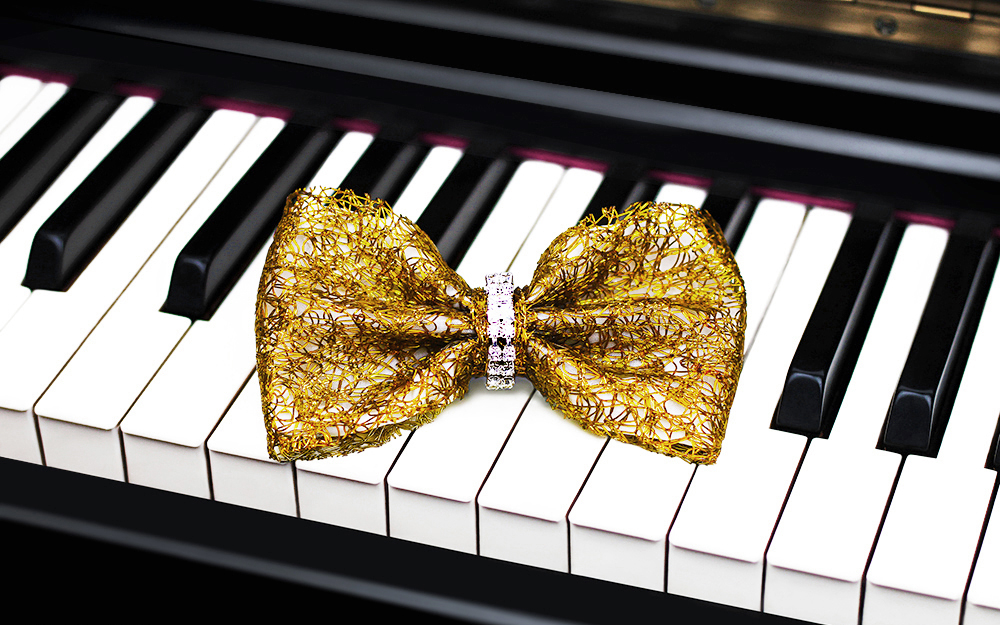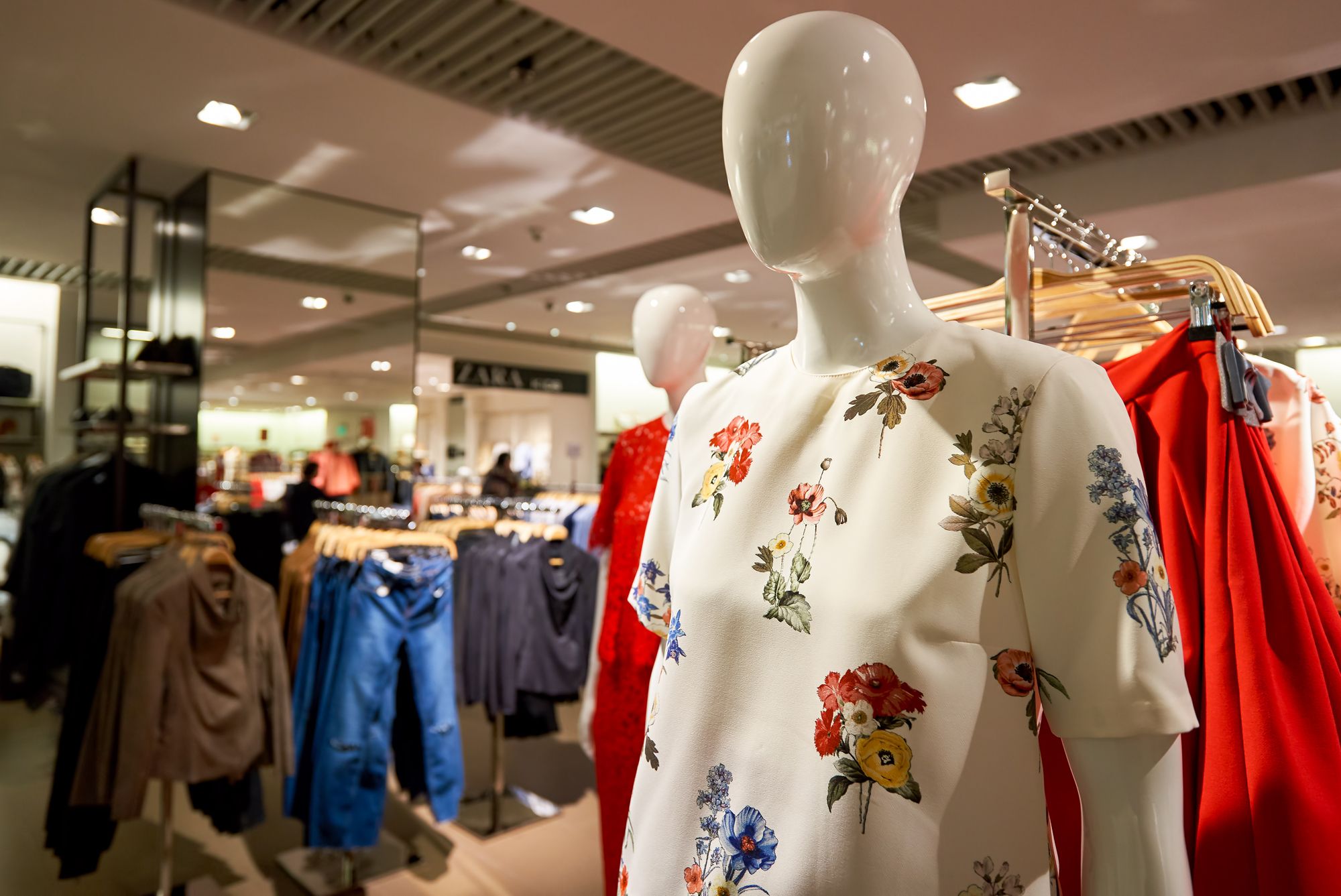The Secrets of the Red Carpet
Who are you wearing? It’s the most popular question on the red carpet, and while it feels like a very personal question about the actress and her style choices on what could potentially be the biggest night of her life, it’s far from it. The red carpet is a business. Stars are dressed in head-to-toe designer labels, dripping in millions of dollars worth of diamonds and made up to look like objects of perfection—and that’s exactly the way we perceive them. We don’t see the team of stylists, publicists, managers and agents deciding what they’ll wear, we don’t see the arguments that go on weeks beforehand when stars are grappling over the most popular gowns, and we absolutely don’t see the money that exchanges hands when A-listers agree to wear certain brands.

Over the past few seasons Reese Witherspoon has championed for Ask Me More, an initiative that pushes the media to ask female actress more intriguing questions than who they’re wearing. And while we’re all for treating actresses with the same respect as the actors, that one little question is basically the sole purpose of the red carpet. It’s big money and big press for both Hollywood and the fashion industry. Experts suggest that the single mention of a designer by an A-list celebrity on-air during a red carpet event could be worth over $250,000. By comparison, media mentions are worth an estimated $80,000 and other television mentions worth $136,000. When Halle Berry wore an Elie Saab dress to the 2000 Oscars, the designer was virtually unheard of; the red carpet dress turned him into an overnight sensation. Fashion critic Kathy Horn, who worked for the New York Times at the time suggested that dressing Berry was probably worth $25 million in free publicity for the unknown designer.

More often than not, despite the Ask Me More movement, these women are happy to let the press know who they’re wearing, especially since some are being paid to wear and promote the designer. While most of it is kept under wraps, stylist Brad Goreski has previously joked that if a label wanted to pay him $150,000 to have his client wear their dress “all he needed to know was where to sign.” In 2008, Charlize Theron was sued by Raymond Weil because she had worn a Dior watch to a red carpet instead of the Raymond Weil piece they had agreed upon beforehand. In the court documents it was revealed that she had received “$50,000 for wearing two Chopard pieces to the BAFTAs. She got $200,000 for wearing Chopard to the Oscars. She didn’t get any money for wearing Cartier to the Globes, but she did receive a $35,000 ring, a $7,500 bracelet, and $8,000 earrings. So she got $50,000 or so worth of gifts in return.”

But not everyone pays celebrities to wear their clothes. For the best and most in-demand dresses the competition is fierce. Stars working as ambassadors (like Jennifer Lawrence for Dior) get to pick which pieces they want from their brand’s house first, before nominees, then eventually other A-listers. Sometimes top stylists will attend Fashion Week in hopes of snagging the perfect dress right off the runway. Those that don’t attend will have designers on speed dial, ready to pick up the phone the second they see a look that would work for their client. Of course many designers and couture houses won’t let just anyone be seen in their pieces and they’re quick to say no to anyone not on the A-list. On the other hand, some celebrities are so big that labels will specifically cater to them, designing a dress specifically for the occasion or paying the star just to wear their design.

And it’s worth it to have a starlet in your design. Labels may be shelling out major bucks to get the hottest celebs, but it pays for itself with considerable dividends. Most people consider media coverage one of the biggest ways to get customers—get your name in a major magazine and you’re set for life, right? “When I launched Edie Parker, I had a little half-page in Vogue and I thought, ‘That’s it. I’m a huge success. The doors are going to come off.’ But, I got very few calls. At the same time, it was around the Met [Ball] and Kate Hudson wore a bag, and it ran in Us Weekly. I got a million calls about it. That’s how Bergdorf Goodman found me and picked me up,” Brett Heyman, Edie Parker founder and creative director, told Refinery 29. Luxury labels also know their affluent shoppers aren’t looking for any “get the look” pieces. When they see a look they love on the red carpet, they’re willing to buy it then and there, and oftentimes will get calls from customers looking to buy the piece before the award show even starts.

Whether an actress is paid for her endorsement or not, dresses are usually returned to the designer to use as an archival piece or sent to one of the customers that had requested it the moment it hit the red carpet. “There have been cases where representatives of the brands have called us to ask us to quickly arrange the return of the dress before the actress has even made it off the red carpet! When that happens it means that an overseas client has seen a dress on TV or Instagram and wishes to buy it immediately,” Jill Lincoln and Jordan Johnson, Rachel Zoe’s assistants, told Frivolette. On rare occasions the star is gifted the dress, especially if it was custom made for the actress for the event or if they took home a major award that night.

All of this then begs the question, does the red carpet reflect each actress’s personal sense of style? Yes and no. Considering the amount of money going into dressing each starlet, it would be impossible to think that dresses are chosen subjectively based on her own personal taste, but stylists do take her aesthetic into consideration. Kim Kardashian wouldn’t be caught dead in a billowing Cinderella gown, and Elle Fanning favors Valentino and ethereal gowns with a lot of movement. There are women who are willing to take risks, like J. Lo in her now infamous Versace gown at the Grammys, and those who prefer to play it safe like Julia Roberts, who can almost always be expected to be seen in a black ensemble. Either way, whether they’re being paid, endorsed, or at the very least getting a pretty sweet gift out of the deal, we still want to know: Who are you wearing?















